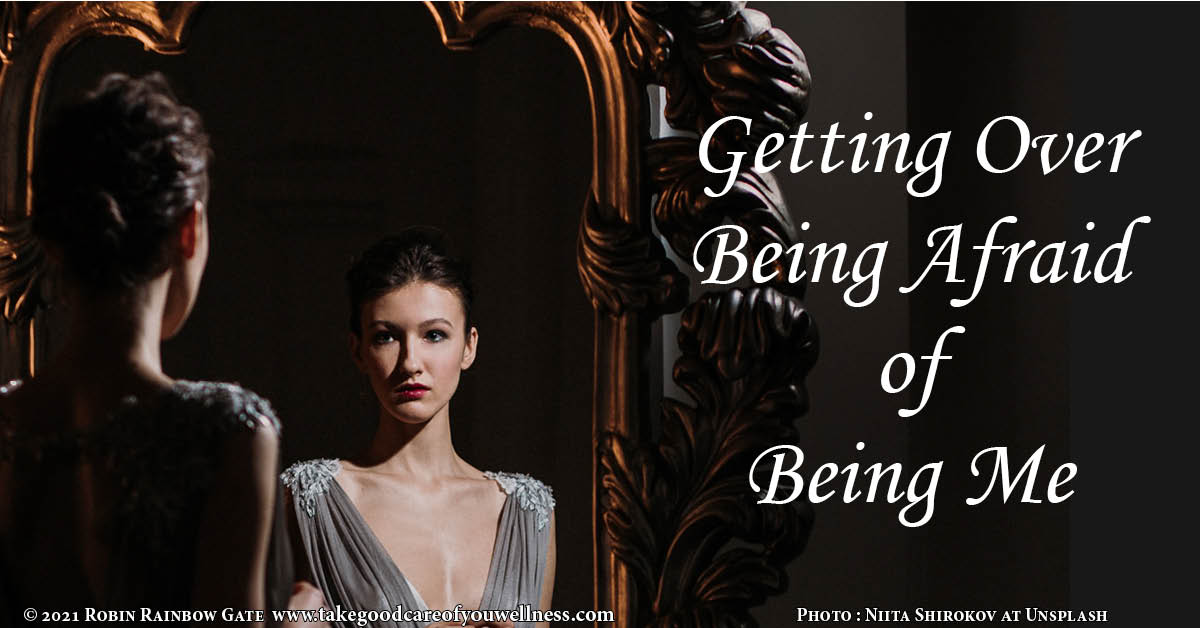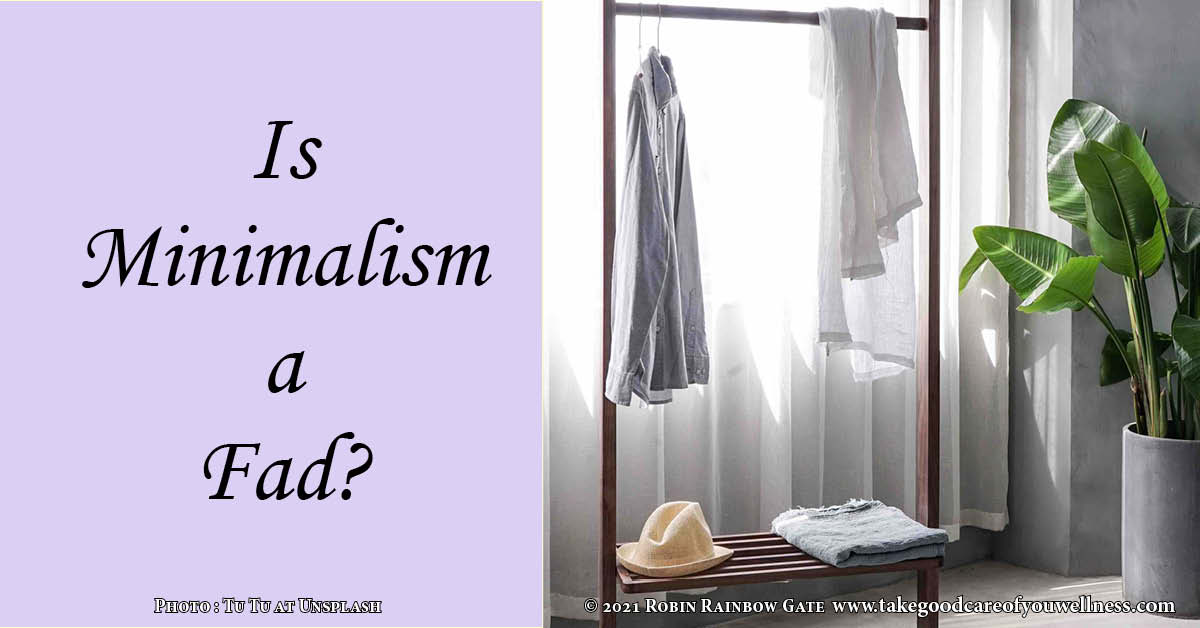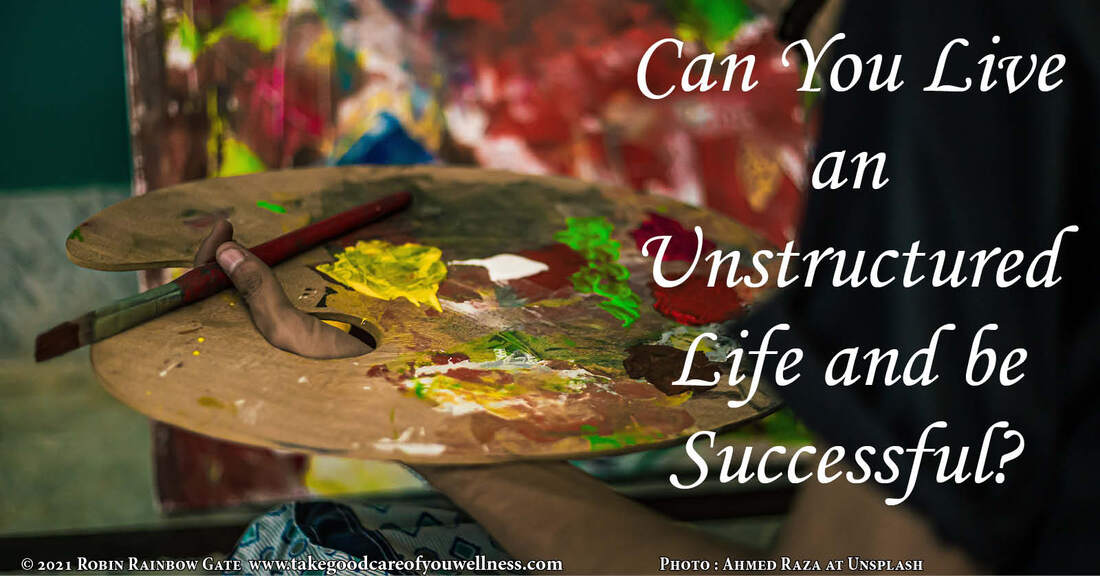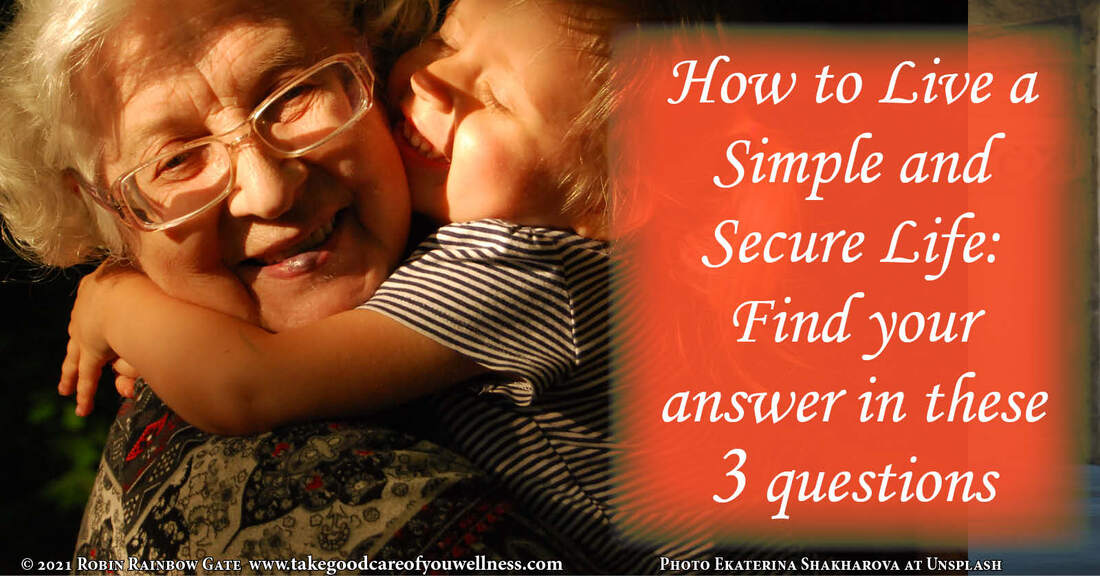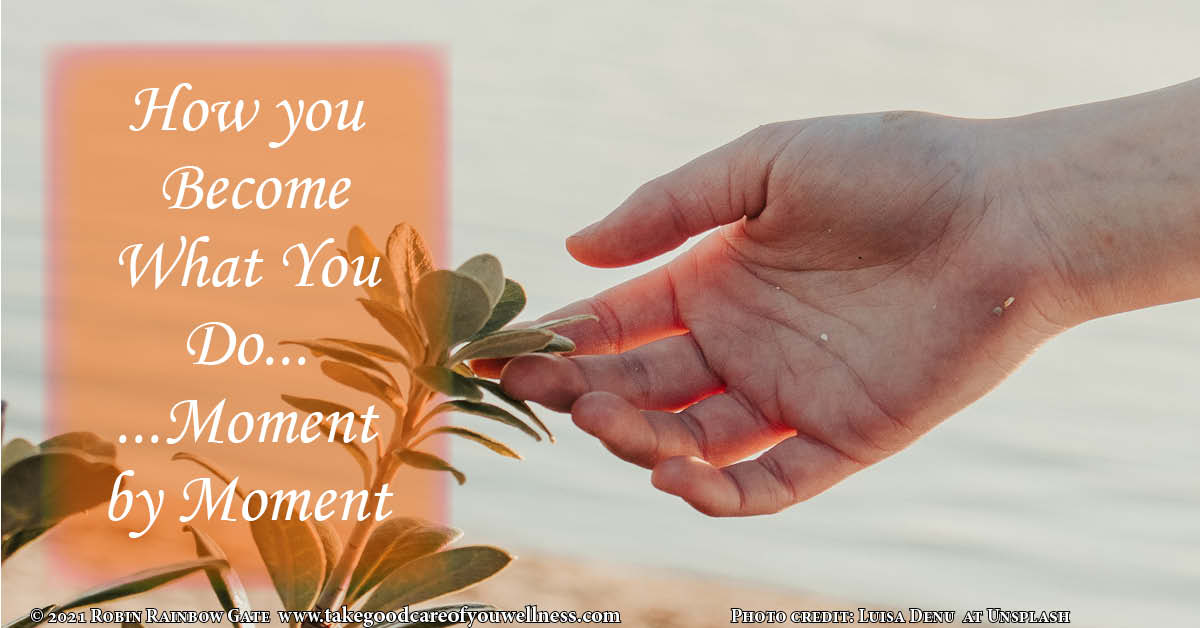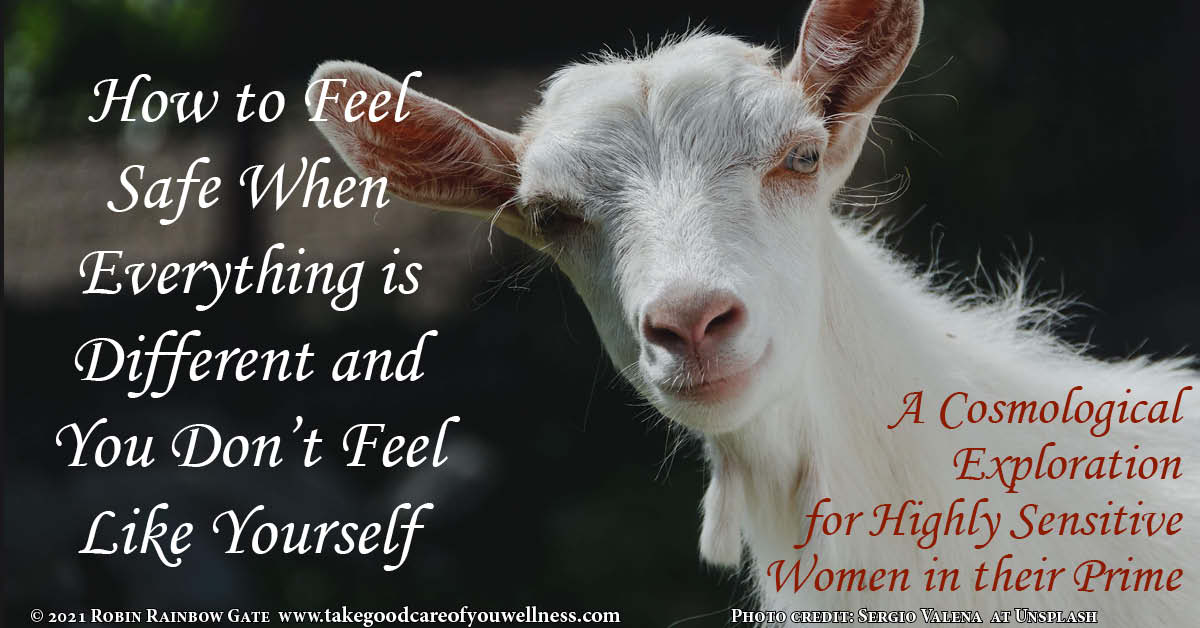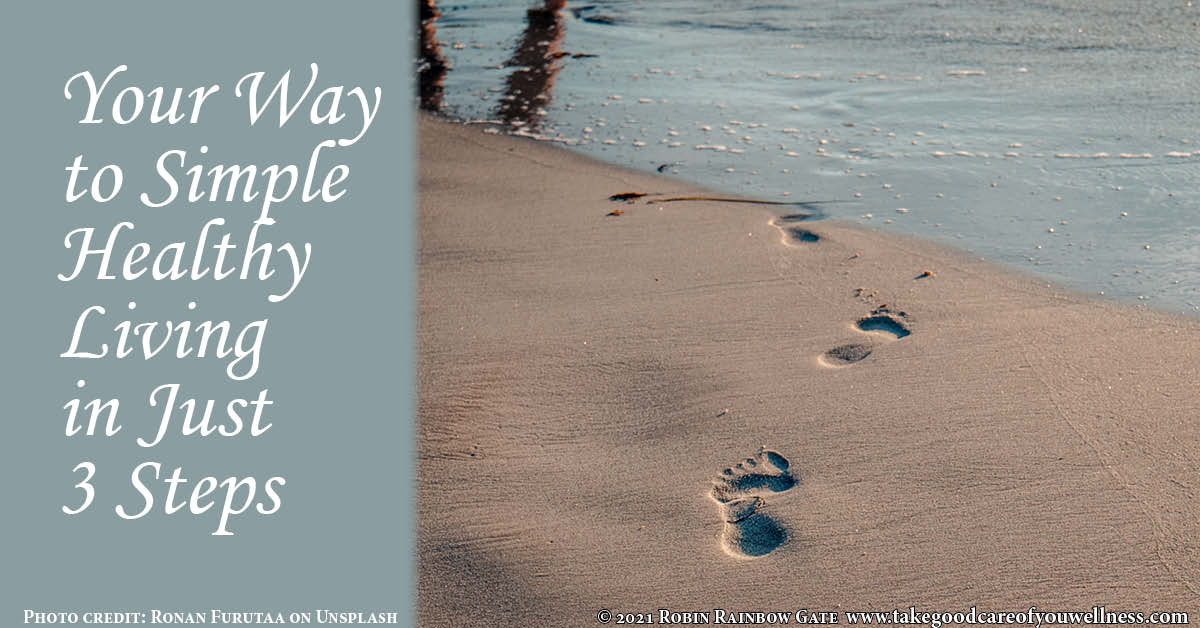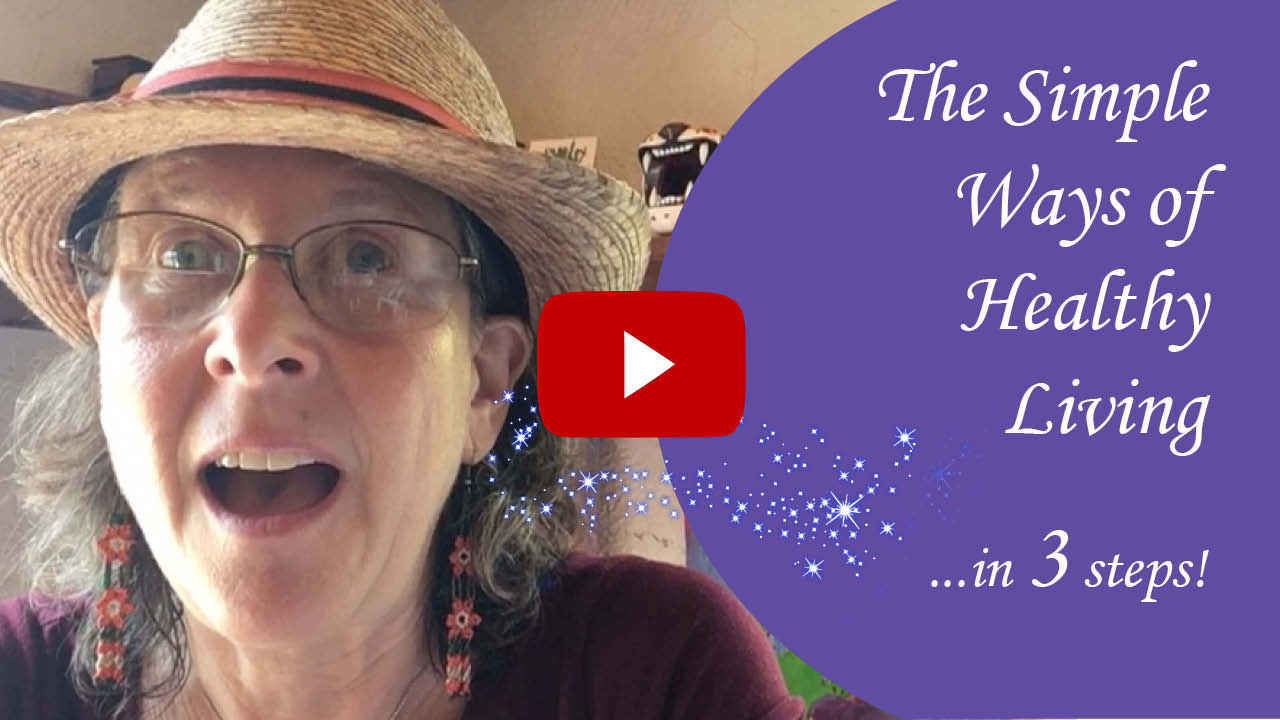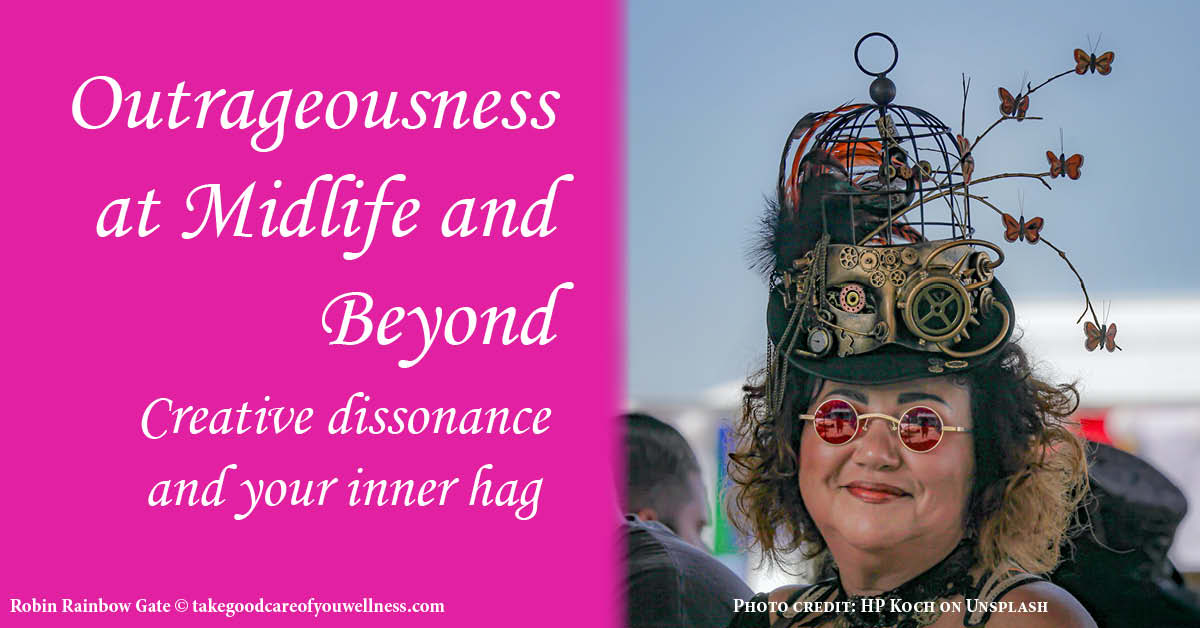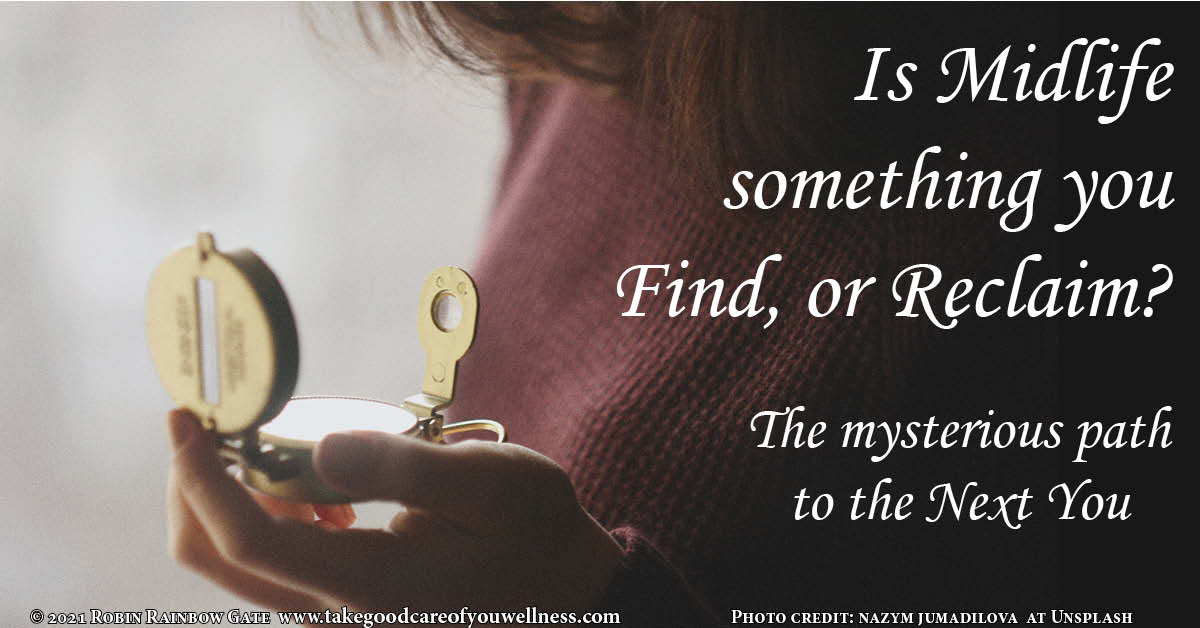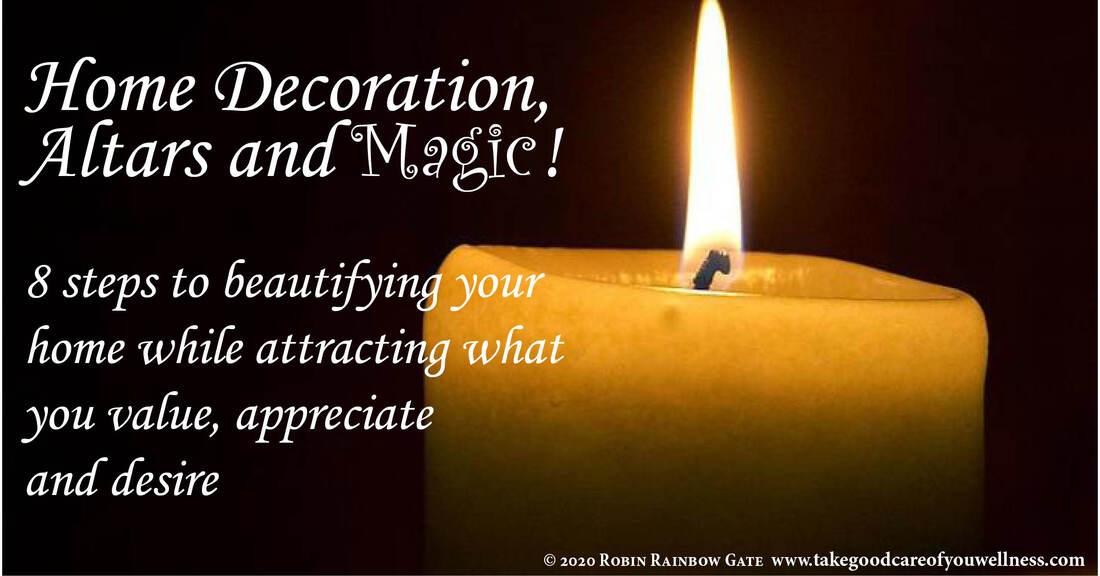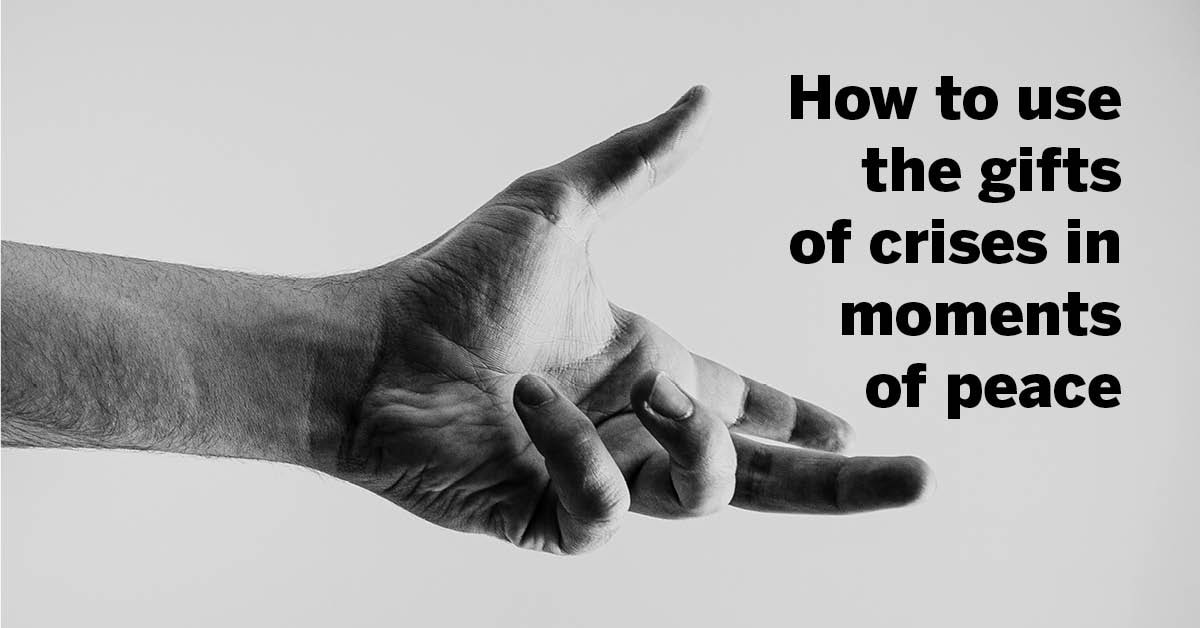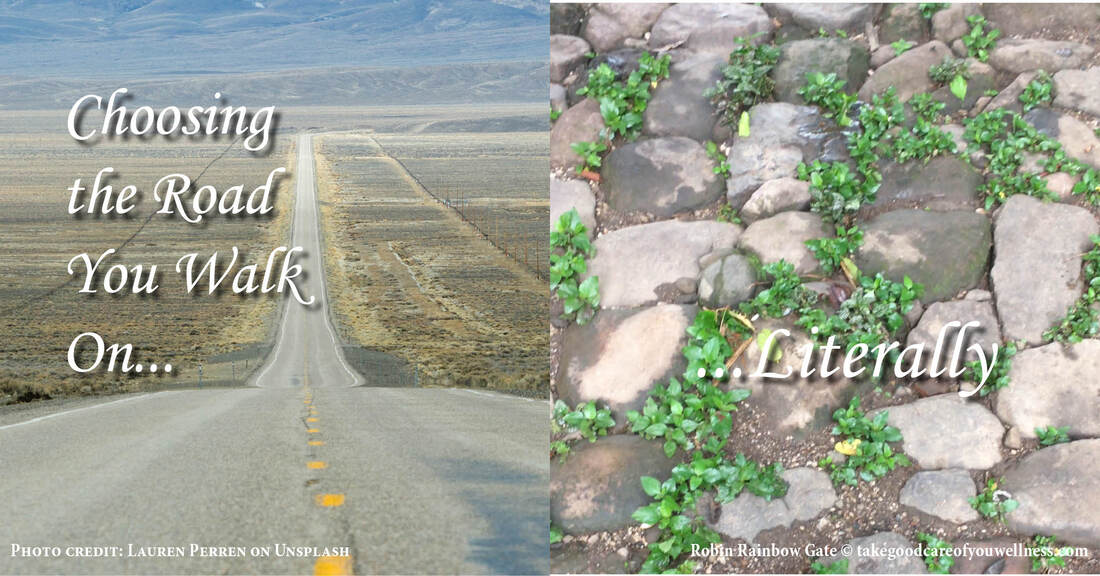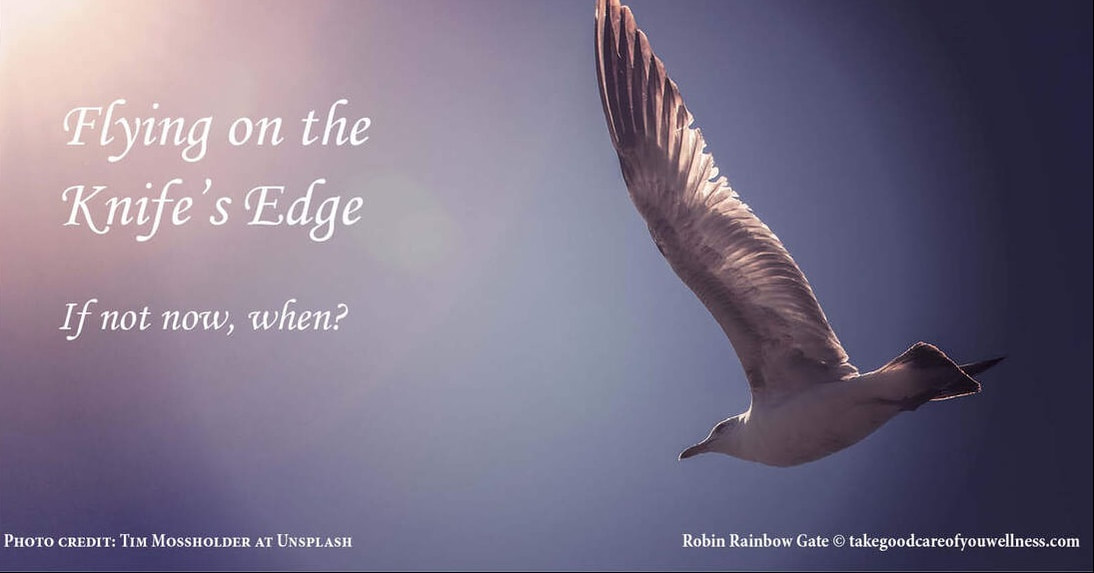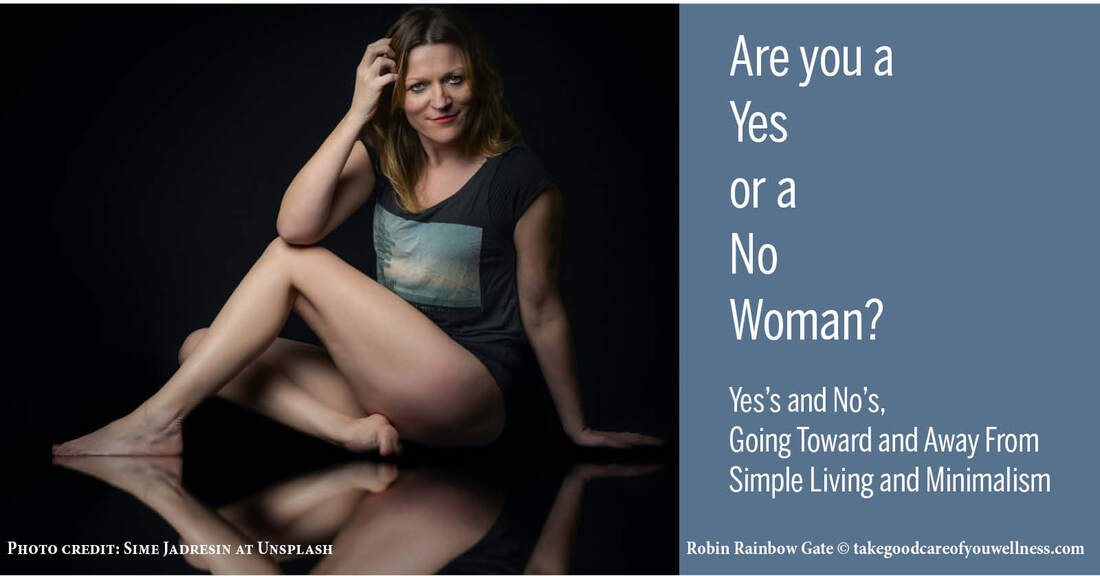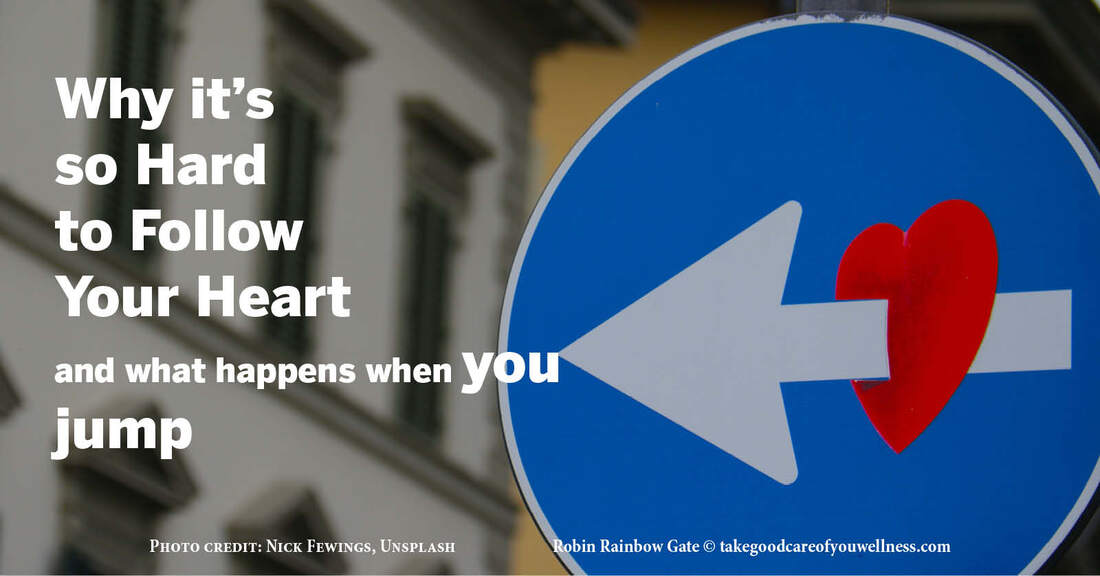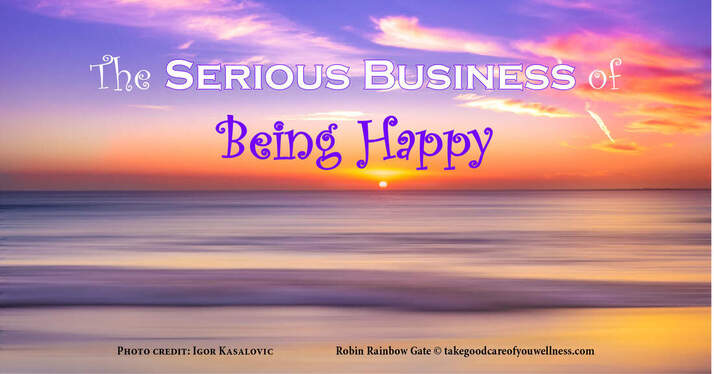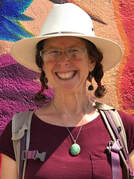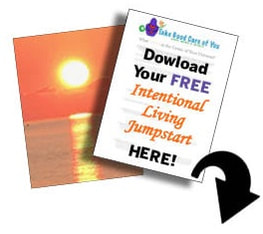|
I spend my life taking care of myself, while feeling shame and anger that I have to work so hard to feel safe, balanced and well. I continuously humble myself before various aspects of Divinity, doing my very best to come to peace with being human and being mortal and with the ephemeral nature of life on the physical realm.
0 Comments
Recently someone asked me if I thought Minimalism is a fad.
First of all, I live simply, consciously, because it matches my values, one of which is living in integrity with my values! To me, the term “Minimalism” smells like embarking on actions that will be prohibitive and draining of life’s colors. That said, as someone who has chosen to live simply for decades, I do feel authorized to respond to the spirit of the question. I think everyone is different, so I don’t feel I can generalize that one can or cannot live an unstructured life and be successful.
That said, I can speak from my experience: First, know that Freedom is a primary value of mine. I was recently asked this question: How do you live a simple and secure life? The question startled me as the two "S" words bumped into one another uncomfortably. My first response was:
Define secure! The other day I walked into the frutería (the fruit store which also sells vegetables) to buy a baking potato and some sweet potatoes, as Germán, the owner, has the best in town.
As I climbed the several stairs up into the shop I noticed a mid age woman at the checkout counter, smiling away. She seemed to be so happy. I was kind of judgmental and semi-constructed a story that there was something wrong with her, that she suffered from extreme emotions and was off-balance right now. This created a sense of compassion for the woman. I don’t feel like myself.
Last week I spontaneously did a liver/gallbladder flush. The jury’s still out for me as to how it went. I saw less gallstones than in the past but it's been and four days, my back hurts and I’m constipated. I'm a highly sensitive woman and whatever is causing it, I feel…not like myself. I might be scared if I didn’t feel so calm. 1. Prepare and eat unrefined whole food 2. Walk or ride a bike as transportation 3. Design your life to have time for these things. That's it.
My parents were both artists. I loved my dad’s bronze, emotive sculptures. My mom’s artwork, however I didn’t appreciate.
Oh, I appreciated that my mom was a passionate, creative woman who welded, sculpted, designed one of a kind jewelry and painted into the wee hours. I loved having a studio in the house with access to all sorts of materials, learning and creative expression. What I didn’t appreciate was my mom’s outrageous concepts, compositions and color combinations. When I was diagnosed with low thyroid function, I began to entertain the idea that I was now a flower wilting into middle age, that maybe I justcouldn’t do and sustain everything anymore. I considered that maybe at this point in my life I actually needed to slow down and do less in order to feel clear and connected. I considered that I was being carried along toward my own death, that this was part of the natural cycle and winding down of life. e notion of living a life in connection with myself and the Divine was relieving and calming.
Did you ever consider that you could beautify your home while attracting what you value, appreciate and desire? Our homes, the spaces we inhabit and which hold and protect us, have the capacity to also be sacred energy portals for our dreams and intentions. Altars are one place where practicality and "woo" meet. Altars and Home Decoration
For me, altars are part of how I decorate my home. At the same time, altars honor, proclaim, and remind me of who I am and what I love. My altars also serve to organize and categorize my various interests and values. Practical yet powerful and yes, magical. Doesn't that sound easy and fun? How exactly do altars make your living environment a personalized projection of and magnet for what you appreciate, value and desire? Assume nothing and release
Ever since the earthquake in 2017, I don’t pull the keys out my pocket until I’m literally at the door. There’s nothing like emergencies to bring us back home To the present moment To what’s really important To the tenuousness of life Most of all, though, crises make me take nothing for granted. Not taking things for granted naturally implies appreciation for what is: Our lives, our health, our homes, our families and friends. Money, freedom, abilities, support and meaningful lifework if we’re so fortunate. But when I think about not taking things for granted, I mean not assuming or expecting anything to remain the same.
It’s so easy in the States. It is comfortable, physically. Walls are smooth, carpets offer cushion, water runs endlessly from the faucet.
Yet, this is exactly what troubles me about the luxurious life. Separation from the root source. Why is this important? Hasn’t our whole culture built itself with the idea and goal to hide nature? To surpass her? Impossible of course, as EVERYTHING is nature, and comes from nature. Besides the obvious like trees and birds – how about “My life now, after so much turmoil, was good. On paper it looked virtually perfect. Yes's and No's
When I was growing up, we didn’t talk about feelings in my family. It was as if they didn’t exist – except for happiness and maybe a little sadness. When my mom reached midlife, however, I could tell something was brewing. She seemed more angry and less tolerant–in a good way. Good because these hot emotions weren’t directed toward her daughters, and good because she shared some of them with us. And mostly good because midlife was leading her to set limits, consider her wants and needs at the risk Following your heart. It’s the second invitation in the subtitle of my memoir.
How did “Following Your Heart,” earn its prominent place? What’s so important about following our heart? More important: Why is it so hard to do? What gets in the way? One piece is, as we grow up and move through the ranks of formal education, we are trained I had decided to take the gems I’ve received through journaling over the last four plus decades, and use them to benefit other seekers of a truly fulfilling life. What sprouted up was an Intentional Living journaling (+ creative projects + community building support calls + much more) course all about Happiness. Not theoretical happiness. Experiential happiness.
Why Happiness? I chose the topic “Happiness” because it seemed a cheerful way to begin the process of delving into who we are and what we need to actually live our ideal life. Why is that so difficult to do, in the first place? Wouldn’t it seem that happiness is so easy and obvious to recognize, follow and live? It wasn’t that way for me. 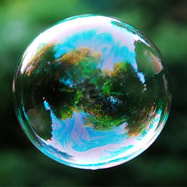 I was struggling with how I wanted to take and handle the news of the Coronavirus. Normally I distance myself from political news and health scares, not giving either much relevance in my life. Choosing to live on the edge of a village in the mountains in south central Mexico is not only a calling and a joy, it is also a fitting metaphor. I live on the edge, on purpose. I stopped watching the news during the first George Bush presidency. Just two seconds of his voice, appearance and vibe and I could feel myself crumbling into a heap of despair, depression and hopelessness. I’m that sensitive. I remember deciding in that moment, “Well, I guess I won’t be watching the news for the next four years.” The determination was effortless to implement and has remained so. Many may see me as irresponsible and denying “reality”, but first, I get the gist of what’s happening. The details aren’t important and it’s not new, it’s been going on for ages. I get it and know enough of myself and my values to distance myself from it for self-preservation. Second, we all have different strengths, gifts and ways to share them for the betterment of the world. Mine is by maintaining myself in the purest, highest vibration possible so that I may radiate that to the world and hopefully be of service by what I model. I normally am unaffected by world events. Even Trump, I choose to ignore and in that way continue on my path and life without that distraction and upset. So when I became “infected” with fear of the Coronavirus, I didn’t know what to do. I’m accustomed to distrusting the media. If I were to isolate myself socially, wouldn’t than mean I had fallen prey to the fear virus? One thing I fear is being a fool. I didn’t want to be one at the end of this world drama. But, I did feel afraid, and so struggled between these different parts of me, not trusting either and not knowing what to do. Today while walking I used vision as a present moment practice. The morning was crystalline with colors bright and clean after last night’s rain.
I allowed myself to and inclined towards seeing what was before me. Several times I stopped and simply looked all around. The swirling high clouds in the rich blue sky. The deep natural carvings in the mountains. The reddish earthen path. New houses being built. A white dog with short bristly fur and a brown patch mark over one eye who came to greet me. As I turned onto the path that would return me to the main road I felt myself moved and opening with appreciation for the beauty and goodness of my environment, my life: having the time and flexibility to take a morning walk, the strength and coordination to walk where and how I please, pain-free, the mildly cool breeze caressing my arms and nourishing me, nice clothes and good shoes. I love wearing white. When I lived in the States and had an executive-type job I often wore white. The conflict is that I’m like Pigpen – I attract dirt, so all my white shirts soon had embarrassing stains on them: spots of turmeric or hot sauce that I couldn’t scrub out. Fortunately, there were plenty of good second hand clothes stores where I lived, so I treated myself at that time to a hearty selection of two dollar white tops.
Then I moved to a mountain village in Mexico where I’m soon to complete twelve years. Yesterday I was trying to recall what it was I knew and envisioned when I decided it was the place where I could and would to live in accordance with my values. The first image that came to mind were the clothes drying on the flat roofs of the houses I viewed from the roof of the house where I was staying. I also vaguely remembered some ideas about living slower with less technology. But clothes drying on the line was concrete: Here I could wash my clothes by hand and hang them outside to dry. “But,” I argued with myself, “I could have created a life in which I hand-washed my clothes in the States as well. What is special about doing it here?” Somehow being part of a place where this is how life is normally lived (versus an anomoly) is important to me. It gives me a sense of belonging; that although a foreigner and stranger to this place and culture, I fit here. We fit together I still love washing my clothes by hand and hanging them on the line. It remains a part of my lifestyle, a value, and a pleasure. But here’s the irony: I’m not very good at it. And even though I’m resigned to the belief that I’m not good (tidy) enough for white and so rarely dress in it, avoidance has not made me immune to accruing stains when I do wear it. Yesterday, sitting amongst an intimate group of women in their thirties, one of my students asked me, “Does life keep getting better?” I closed my eyes and paused, searching within for my true experience. The women groaned, interpreting my silence as, “Uh oh, bad news.” I explained to them that the question is a profound one, and that I needed time to locate my response.
After my students left and over the next several hours, I found myself continually returning to the question. First, it was interesting to me that already their experience was one of improvement every year of their lives. Did I view my life that way? A good starting question for me was, “Define better.” I have spent my adolescent and adult life in search of understanding and experiences that are healing and transformative. “What would need to have happened or be happening in order for me to feel my life is getting better with time and these efforts?” I asked myself. I’d need to feel an overall lightening, more joy, ease, sense of freedom. Gladness to be here on the earth in my body with my personality and essence. 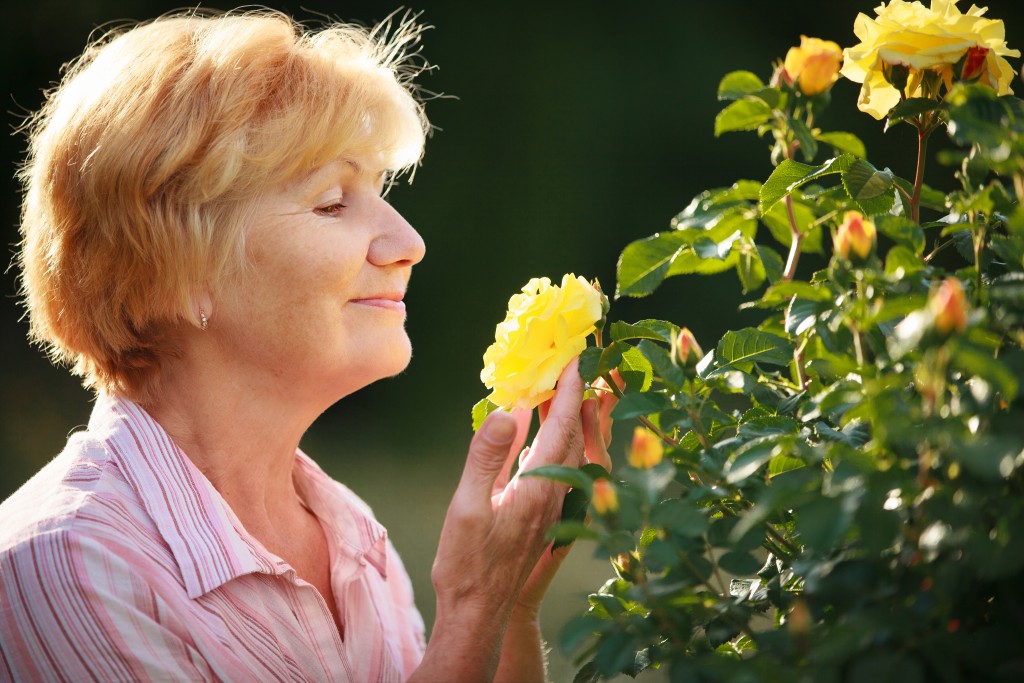 Photo Credit: Gromovataya Photo Credit: Gromovataya It can be frustrating being around people who mirror issues we have and don't like about ourselves, let alone to admit! Just like with all addictions - as dealt with in the 12 step programs - each person has to hit their own bottom and realize it. Only then can and will they choose to make changes that better serve them and those around them. For people in this situation I suggest that they keep doing and developing, making time for, the things that represent “stopping and smelling the roses” for them. You can do these things alone, with others, and even invite the person your thinking about in your question. The key and challenge of course, is fully owning just for yourself those activities and the joy and nourishment they bring you. That means, without attachment, need, manipulation to try to “make” (the same as “get” - both of which indicate force or control over) the other do the same for themselves. Not easy, I know, but the only answer I feel is healthy and truly productive. By being yourself fully, which includes “smelling the roses,” you are living in a good way for you, with just that motivation. Paradoxically, you are then being a model for others to do the same. This was demonstrated to me years ago. How does a minimalist lifestyle contribute to our society from an environmental standpoint?7/5/2018 I was recently asked this question which is a great one, in itself exhibiting awareness. To me, the environmental aspect of a minimalist lifestyle is in a way the most important and is at the heart of the theme. Here's why:
For me and many others who experience discontent with the standard prescribed lifestyle in the States, it is an observation or felt sense that the way of living - especially with so much technology - is out of kilter with a harmonious, respectful relationship with the living world. The development and rise of technology in the West came from a very mental perspective that sought to control nature and the masses. The craving of the mind to understand, know and in that sense have dominion over life is a strong one. Scientific thinking from the Industrial Age, promises a reality that is fixed. This makes life less scary and uncertain and offers the idea that all that we seemingly can’t control in life could be conquered. Man over “God”. I have increasingly been receiving questions about living simply lately. When I changed my lifestyle over twenty years ago I was surprised to discover an actual movement based on the ideas and sensibilities I held, called Voluntary Simplicity. Now, Minimalism has taken hold as the trendy term.
I have some issues around the term, as it seems to hit some people as a a lifestyle change requiring unwanted discomfort, poverty, giving up of "stuff" overall perceived as a sacrifice. All of which has negative connotations and seems to be received sometimes as the hammer of justice telling people what they "should" and "must" do. Ouch. A local woman who has a restaurant came to my authentic Indian cooking class today. When the students went around the circle taking turns introducing themselves and speaking about what the attraction was that brought them to the class, her story surprised me. She shared that she disliked Indian food. She had a particular isue with the spice cumin, that she said made her feel ill. Smelling it was not a problem, but when it was used in dishes she found it overpowering and literally sickening. Another student suggested perhaps she has an allergy to the spice. When she would be visiting her daughter in San Fransisco and they would go to and Indian restaurant, she would bring her own food.
We continued talking about cumin for awhile, two participants shared that they love cumin, and one woman shared that in traditional Mexican cuisine, cumin is used often in the north, but not in the south. I agreed with Laura that cumin can be overpowering and told her, “Well, most of today’s recipes happen to feature cumin, and in fact I had planned to give you all a lesson in cumin! Are you open to having any cumin in the food or do we need to make two batches of the dishes?” She said that a little cumin would be all right and the other students agreed to this adjustment. Last night I had a dinner that felt good to my body and that I felt proud of.
It took days and lots of preparation to have this simple, wholesome meal. Last week, I made a new batch of fermented vegetables, which took about three days to ferment to the point of having a tasty, tangy bite due to the freshly squeezed lemon juice, grated garlic and ginger I added. Six days ago, I started soaking my quinoa for fermented quinoa, to which I added some of the brine from the fermented vegetables. |
Robin Rainbow GateI help people midlife and beyond to find their inner power, health and well being through slow, conscious living Ready to live Your True Life?Categories
All
|
|
|
Sign up here for
|
 Take Good Care of You Wellness Website and Contents by Robin Rainbow Gate is licensed under a Creative Commons Attribution-NoDerivatives 4.0 International License. |

